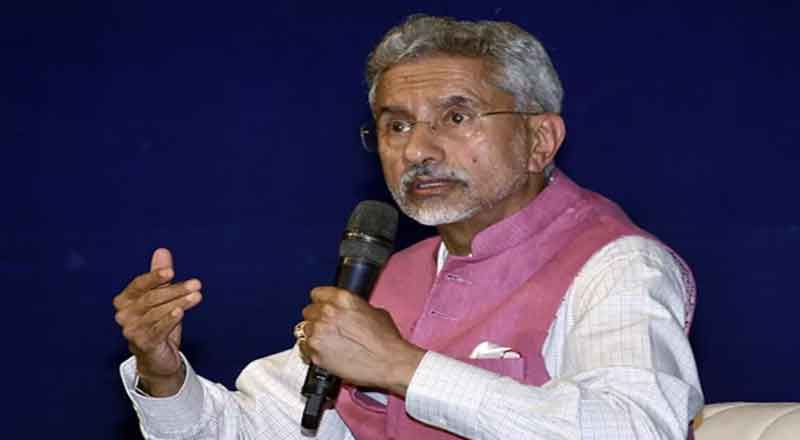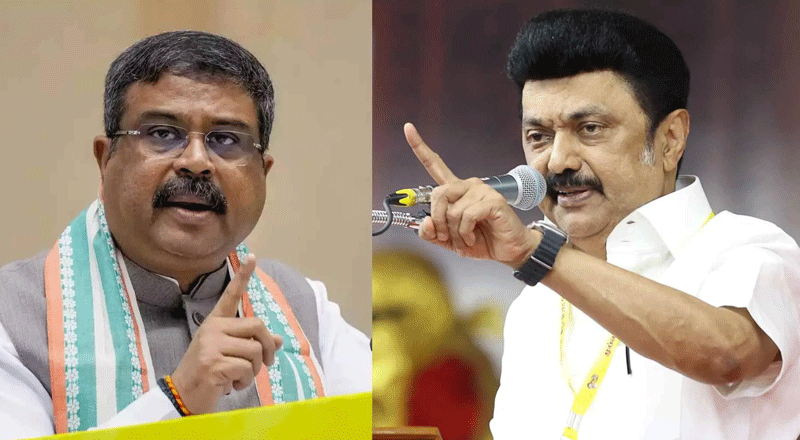· External Affairs Minister S Jaishankar emphasized the imperative of a dynamic, rule-free response to combat the scourge emanating from across borders.
· Jaishankar critiqued the United Progressive Alliance (UPA) government’s handling of the 26/11 Mumbai terror attacks in 2008.
· He lamented the lack of decisive action, attributing it to the perceived higher cost of retaliation against Pakistan.
· Tracing the historical backdrop of India’s confrontation with terrorism, Jaishankar invoked seminal events such as the tribal invasion of Kashmir in 1947 and subsequent conflicts.
· Jaishankar reiterated that the response to terrorism cannot be bound by traditional rules, as terrorists themselves operate outside the confines of conventional norms.
· Jaishankar’s address resonates with a clarion call for a paradigm shift in India’s response to terrorism—one that eschews the constraints of conventional diplomacy in favor of a dynamic, rule-free strategy.
In a candid address underscoring India’s resolute stance against terrorism, External Affairs Minister S Jaishankar emphasized the imperative of a dynamic, rule-free response to combat the scourge emanating from across borders. Speaking at an event titled ‘Why Bharat Matters: Opportunity for youth and participation in global scenario’ in Pune, Jaishankar articulated India’s unwavering commitment to counter any act of terrorism and highlighted the necessity of adapting strategies that transcend conventional rules.
Reflecting on past responses, Jaishankar critiqued the United Progressive Alliance (UPA) government’s handling of the 26/11 Mumbai terror attacks in 2008. He lamented the lack of decisive action, attributing it to the perceived higher cost of retaliation against Pakistan. However, he underscored the futility of inaction, posing a rhetorical question: How can future attacks be thwarted if the initial provocations are left unchecked?
Jaishankar delineated a pivotal shift in India’s foreign policy since 2014, particularly in the realm of counterterrorism. Addressing the complexity of diplomatic relations, he candidly singled out Pakistan as a formidable challenge, urging introspection on India’s part regarding the nature of this strained relationship. He asserted that a clear acknowledgment of Pakistan’s involvement in perpetrating terrorism would have paved the way for a markedly different policy trajectory.
Tracing the historical backdrop of India’s confrontation with terrorism, Jaishankar invoked seminal events such as the tribal invasion of Kashmir in 1947 and subsequent conflicts. He underscored the imperative of unequivocally denouncing terrorism from any quarter and disavowed the notion of legitimizing terrorism as a means to coerce diplomatic engagement.
Emphasizing the fluidity of India’s foreign policy, Jaishankar underscored a nuanced balance between continuity and change. He elucidated on the aftermath of the Mumbai attacks, highlighting a national consensus on the necessity of a robust response. However, he lamented the inertia that ensued, citing a reluctance to confront the perpetrators head-on due to perceived strategic costs.
In a poignant assertion, Jaishankar reiterated that the response to terrorism cannot be bound by traditional rules, as terrorists themselves operate outside the confines of conventional norms. He cautioned against affording terrorists sanctuary across borders, stressing the imperative of a proactive and adaptable approach to combat this global menace.
In essence, Jaishankar’s address resonates with a clarion call for a paradigm shift in India’s response to terrorism—one that eschews the constraints of conventional diplomacy in favor of a dynamic, rule-free strategy. As India navigates the complexities of its geopolitical landscape, Jaishankar’s insights serve as a beacon for fostering resilience and fortitude in the face of existential threats posed by terrorism.
(With inputs from agencies)





